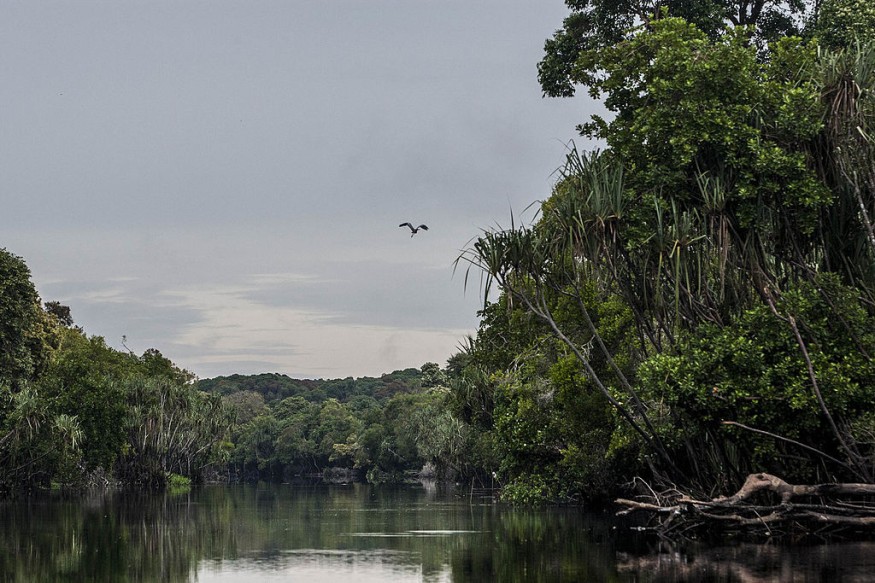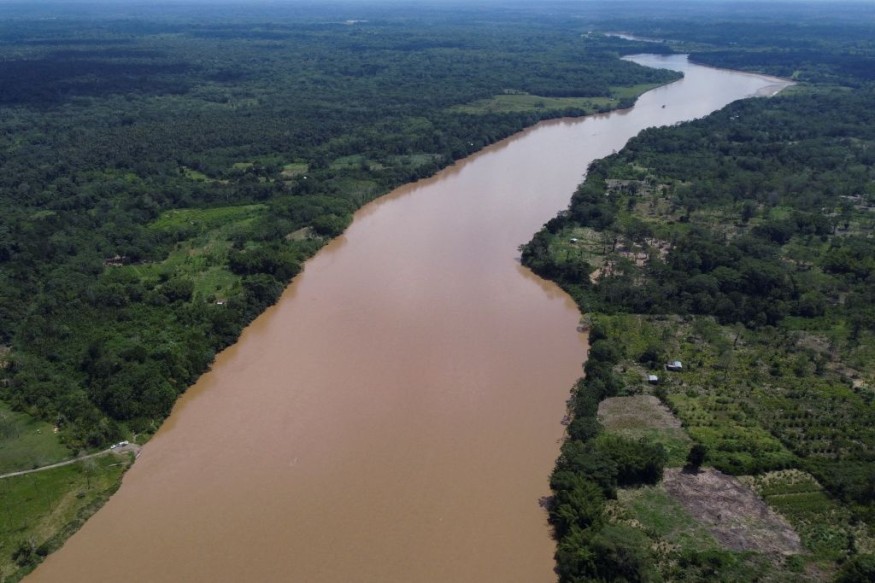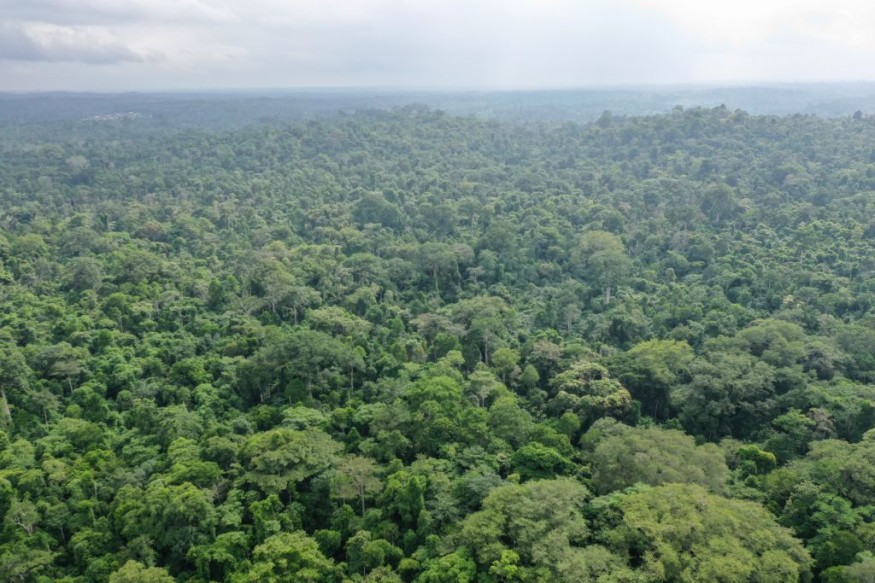Rainforests are becoming significant suppliers of carbon credits in developing markets. New international accords are protecting tropical rainforests. Technologies and independent actors support conservation initiatives. An emerging option for sustainable development is communal ownership.

Playing a Critical Role

Forests are essential carbon sinks in the battle against climate change, absorbing twice as much carbon annually as they create globally. Due to their ability to store an estimated 25% of the world's terrestrial carbon, tropical rainforests play a vital role. Through green bonds promoting sustainable growth in industries like agriculture, energy, and technology, public and private sector players are increasingly working together to safeguard these regions, mostly in emerging economies.
Forming Alliances
Brazil, Indonesia, and the Democratic Republic of the Congo (DRC) are in discussions to create a strategic conservation alliance known as the "OPEC for rainforests" in the context of the COP27 UN Conference on Climate Change taking place in Sharm El Sheikh, Egypt. About 52% of the primary tropical rainforests left in the world are found in the three nations.
As debt-for-nature swaps become more prevalent globally, the alliance may monitor bids for carbon credits and green finance and grow to include other countries with tropical rainforests, such as Peru and Cambodia.
Last year, the three nations agreed to stop and reverse deforestation by 2030 during COP26 in Glasgow, Scotland.
Taking Various Actions

New financial tools like green financing have become essential in assisting emerging nations in developing sustainably as governments try to minimize greenhouse gas emissions per the Paris Agreement.
While some programs aim to safeguard important ecosystems, green money has been utilized to make the shift to sustainable types of energy easier.
Local communities and business owners must get more involved to counteract forest degradation.
For example, pledges to prevent deforestation assist in developing more sustainable supply chains for palm oil, a key cause of deforestation in Southeast Asia. Despite continued price increases, according to a new report by the Trase palm oil supply chain mapping effort, forest clearance for palm oil production has decreased by 82% over the previous ten years.
Intensive Efforts
The DRC government released a study on its logging sector in April of this year, which was the first step in releasing $500 million in climate funding.
The nation of Central Africa, home to 314 million hectares of primary tropical forest, has experimented with programs that charge local people with overseeing and directing the sustainable development of large swaths of rainforest. According to a 2019 assessment of community concessions, deforestation there was 46% lower than logging concessions and 23% lower than the national average.
Drones and satellite images are utilized in Gabon to monitor forests and save species from poaching and habitat destruction, including the critically endangered African forest elephant.
Furthermore, several businesses are using ground-breaking strategies to pique customer interest in preserving the world's remaining rainforests.
The Brazilian affiliate of Portuguese-based Nemus, which is in possession of 410 sq km of Amazon rainforest, started offering non-fungible tokens (NFTs) in March of this year to raise money for conservation, reforestation, and sustainable development. Instead of owning the property, buyers of NFTs support various-sized plots in exchange for information like satellite photos to record preservation efforts.
A palm oil substitute derived from yeast called Palmless was recently released by the US-based biotech business C16 Biosciences. According to a 2018 study from the International Council on Clean Transportation, the product aims to replace a sector that is thought to be responsible for major deforestation in Malaysia and Indonesia and reportedly produces 500 million tonnes of CO2 equivalent yearly.
Related Article : "We are Nearing Irreversible Climate Breakdown" Climate Study Claims
For similar news, don't forget to follow Nature World News!
© 2025 NatureWorldNews.com All rights reserved. Do not reproduce without permission.





